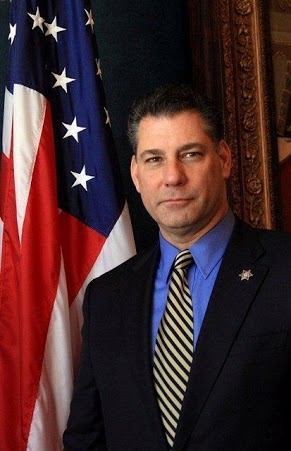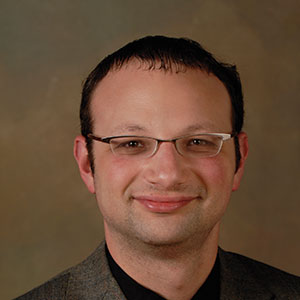BOSTON — The annual K. George and Dr. Carolann S. Najarian Lecture on Human Rights, held at Faneuil Hall, this year addressed a human rights topic in the US, rather than the world, and the human rights were those of the incarcerated.
The program, held on November 14, featured two experts on the justice system from Texas, Cherise Fanno Burdeen and Marc A. Levin, who sat on a panel moderated by Middlesex Sheriff Peter Koutoujian.
Fanno Burdeen is the chief executive officer of the Pretrial Justice Institute and Levin is the vice president of criminal justice at the Texas Public Policy Foundation and Right on Crime.

The two, along with Koutoujian, spoke about pretrial detention for those arrested and its systematic ties to issues of race and class.
Opening the program was Dr. Carolann Najarian, who recited several striking statistics: the US, she said, with 5 percent of the world’s population, accounts for 25 percent of the world’s incarcerated population. In fact, she said, the country has the highest rate of incarceration in the developed world. Within the US, Oklahoma is the state with the highest rate of pretrial detention and Massachusetts the lowest. Panelist Levin noted later in the program that as well as Massachusetts is doing, Canada’s numbers are half that of the state.
Pretrial Detention











